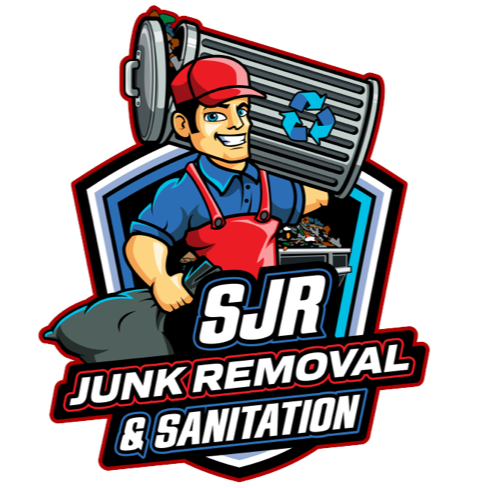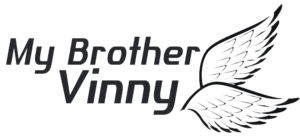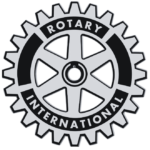![]()
What Counts as Junk?
The term “JUNK”; generally refers to items considered waste or unwanted material. It can encompass a wide range of objects and materials that people no longer need or want. Some common examples of items that are often considered junk include:
1. Old Furniture: Furniture that is no longer in good condition, outdated, or no longer needed.
2. Appliances: Non-working or obsolete appliances like refrigerators, stoves, washing machines, and dishwashers.
3. Electronics: Outdated or malfunctioning electronic devices, such as old televisions, computer monitors, printers, and stereo systems.
4. Yard Waste: This can include branches, shrubs, grass clippings, and other green waste generated from landscaping and yard maintenance.
5. E-waste: Electronic waste, or e-waste, includes discarded electronic devices like computers, laptops, smartphones, and other gadgets.
It’s important to note that while these items are considered junk, they can often be recycled or disposed of in an environmentally responsible way to prevent pollution and minimize the impact on landfills. Recycling and properly disposing of certain materials, especially e-waste, are crucial to reducing environmental harm.
Services like SJR Junk Removal & Sanitation specialize in responsibly removing and disposing of various types of junk, ensuring that recyclable materials are processed appropriately and that hazardous components are managed safely to protect the environment.
Five Things That Shouldn’t Go in Your Regular Trash Bins

1) Yard Waste
Yard debris might seem harmless to put in your trash bin but think again. You need to separate your yard debris from regular trash and recycling. Although it still gets collected weekly with your trash, it’s essential to know that all yard waste should be placed in a brown yad wats bag and placed next to your garbage cans, ensuring proper disposal.
2) E-Waste
Did you know electronic items often contain materials that can’t be easily disposed of? Lead, zinc, and nickel are a few of the ingredients that make up our electronic waste, and when they leech into the soil of a landfill, it’s bad news. For this reason, the SJR Junk Removal & Sanitation pickup team won’t accept your e-waste. How can the negative effects of e-waste be mitigated? By recycling it! SJR Junk Removal & Sanitation ensures that all E-waste is appropriately disposed of. Contact SJR Junk Removal @ Sanitation and book your E-Waste pick up.
3) Tires
Tires are very unwieldy examples of junk. When they’re unfit for use, they become useless in all applications (except maybe the occasional tire swing). As lovely as it would be to dump these old tires in your trash collection bin, don’t bother. They won’t be accepted. If you are in need of disposing of old tires, contact SJR Junk Removal & Sanitation and book your old tire pickup.
4) Wooden Pallets
Wooden pallets are pesky items to get rid of. They’re banned from landfills, they aren’t considered recycling, and they will not be picked up if they’re left out for garbage pickup. You may even find that
someone is willing to take them for free. You can upcycle pallets creatively by using them as bed frames, bases for a couch, and even as a tabletop! If you have wooden pallets and want to get rid of them, contact SJR Junk Removal & Sanitation and book your wooden pallet pickup.
5) Hazardous Household
Waste Finally, you should be aware of the many kinds of hazardous household waste you have in your house. These items will all be rejected as SJR Junk Removal & Sanitation. If you have hazardous items such as wet paint, batteries, gasoline, and antifreeze, you’ll have to contact your County, Town, City, or Village to see when they have a Hazardous Household drop-off day.
Trash guidelines are important because they keep hazardous waste out of landfills and protect our environment. As always, you can check in regularly with SJR Junk Removal & Sanitation for the latest disposal news.




